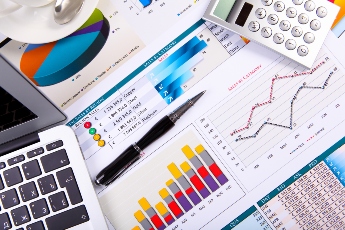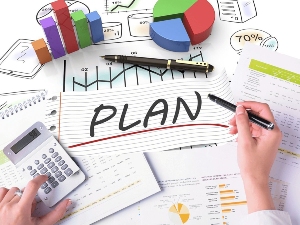Building Your Financial Emergency Plan
 If you need an emergency financial plan, here’s how to build one:
If you need an emergency financial plan, here’s how to build one:
– 1. Get your finances in shape. Improve your credit score, pay down your personal loans, and start building your savings. You’ll be able to weather small financial crises this way quite easily.
– 2. Keep several of your budget sheets over a period of a few months. Where does your money go? Consider how you spend your money and where you could trim expenses if you were suddenly faced with huge medical bills or the loss of a job. Write down all the expenses you could cut – the services and subscriptions you could cancel, the regular purchases you could stop. In an emergency, stop these extra expenses at once to conserve money.
– 3. Look at possible money-making ventures in your community. Take a look at classified ads and temp employment agencies. What is the fastest way to start earning extra cash if you were suddenly without work? This can be a good stop-gap measure to tap into at once as soon as you lose a job. Knowing about opportunities ahead of time lets you stay prepared.
– 4. Look at ways to get money fast. If you needed to, which of your assets could you liquidate to come up with cash? Where could you sell them? How much could you expect to make? Could you rent out part of your home? Could you get a payday cash advance or temporary loan with bad credit if you needed it? Where would be the best places to apply for these loans? Find out the answers now and write them down. If there is an emergency, you’ll be able to act quickly because you’ll have all the facts in front of you.…
 When many people want loans, bad credit holds them back. However, even if you have huge medical bills, missed bill payments, and student loans that are sinking your credit, you can still qualify for good rates on personal loans. If your credit is not perfect right now, you’ll want to tackle some credit repair before you apply for loans. This is because when you apply for personal loan, bad credit can mean a more complex application process, higher interest rates, and even additional fees. To lenders, a bad credit simply means that you are bigger risk and therefore lenders charge you more for a loan, to protect themselves from non-payment. Some lenders
When many people want loans, bad credit holds them back. However, even if you have huge medical bills, missed bill payments, and student loans that are sinking your credit, you can still qualify for good rates on personal loans. If your credit is not perfect right now, you’ll want to tackle some credit repair before you apply for loans. This is because when you apply for personal loan, bad credit can mean a more complex application process, higher interest rates, and even additional fees. To lenders, a bad credit simply means that you are bigger risk and therefore lenders charge you more for a loan, to protect themselves from non-payment. Some lenders